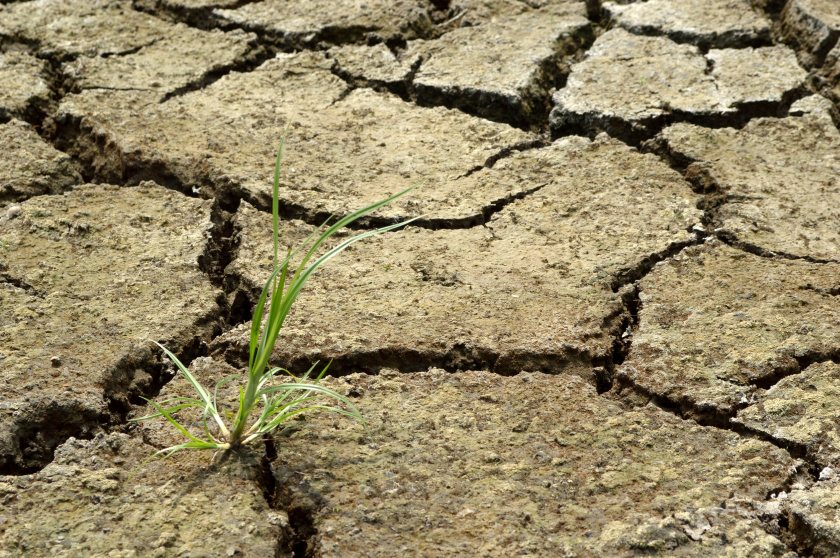Dry spring threatens crop development despite strong start, AHDB warns

Farmers are facing increasing concerns over the impact of dry weather on crop development, despite a strong start to the spring planting season.
This is according to new analysis by AHDB, which notes that April delivered only 56% of the UK’s average rainfall, with temperatures significantly above normal.
While these dry conditions allowed for fast-paced spring cereal sowing, the lack of follow-up rain is now affecting crop growth – especially spring barley, which is beginning to show signs of stress.
Helen Plant, senior analyst for cereals at AHDB, said: “While the dry conditions supported rapid spring sowing, the lack of follow-up rain is now putting pressure on crop development.
"We’ve seen variation across regions, with some areas benefitting from mid-April showers while others continue to struggle. This could affect yield potential if dry conditions continue in May.”
AHDB’s April crop development report highlights a concerning decline in winter cereal condition.
The proportion of winter wheat rated as good or excellent fell from 67% at the end of March to 60% by the end of April – though this remains ahead of last year’s figure of 45%.
Winter barley and oats also recorded slight declines in condition, while winter oilseed rape showed a modest improvement.
Although disease pressure has been low so far this season, yellow rust is becoming more common in winter wheat, and some growers have reported gout fly damage.
The prolonged dry spell has also made weed control more difficult in winter crops, according to the levy organisation.
Despite these emerging challenges, winter crops are currently performing better than they did in 2024, although they remain behind the strong yields recorded in 2022 and 2023.
The outlook for spring cereals remains uncertain and will depend heavily on rainfall over the coming weeks, AHDB says.
The levy board will continue to track crop progress, with the next development report scheduled for release on 30 May.
It comes as the Environment Agency (EA) recently warned of a growing threat to water supplies following the driest start to spring since 1961.
The regulator called for urgent action to reduce leakage and help the agricultural sector, which it said was already resorting to early irrigation amid critically low reservoir levels








